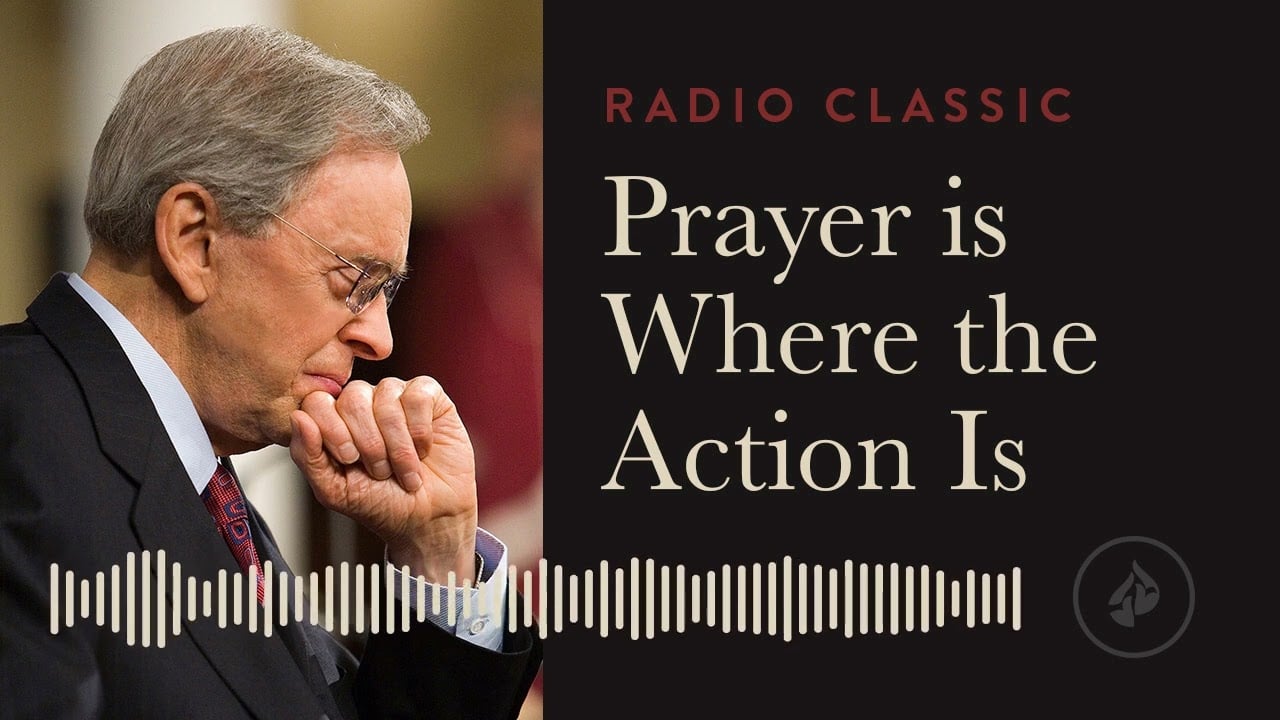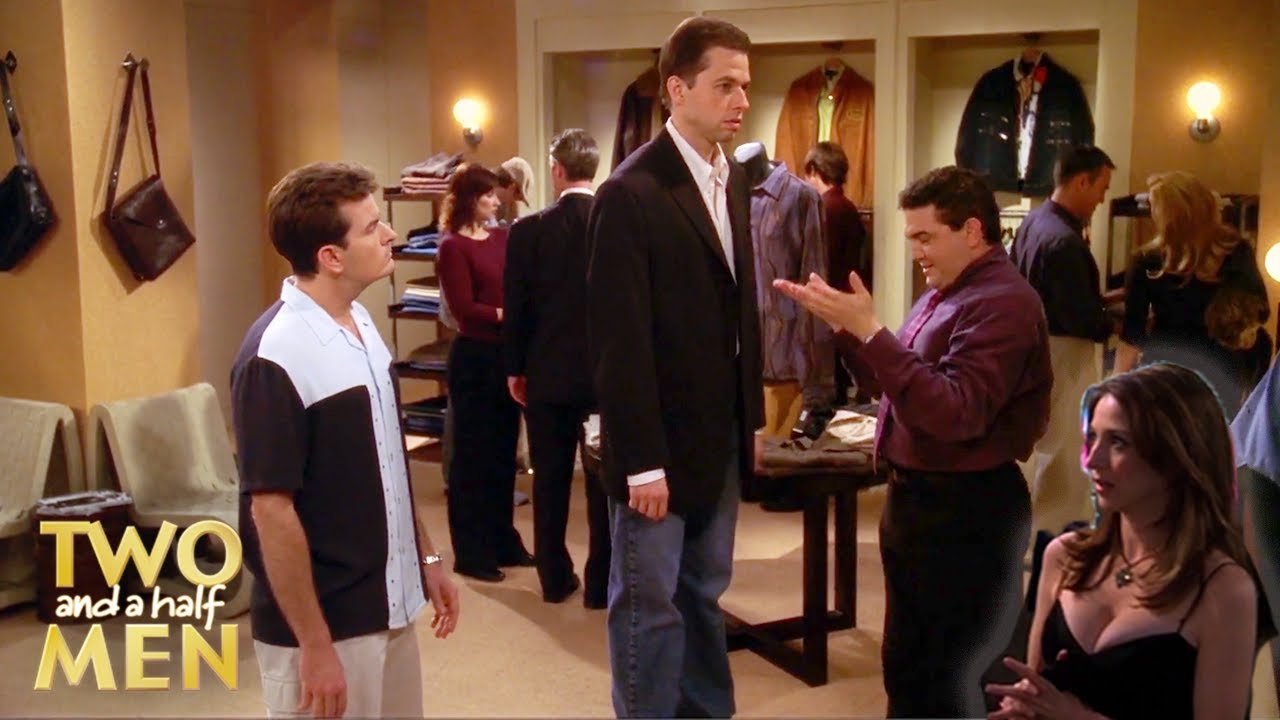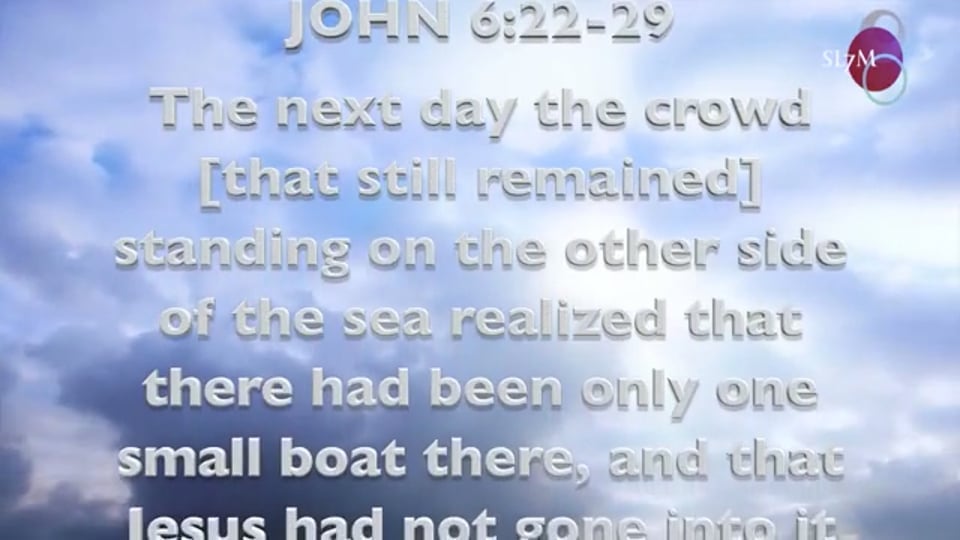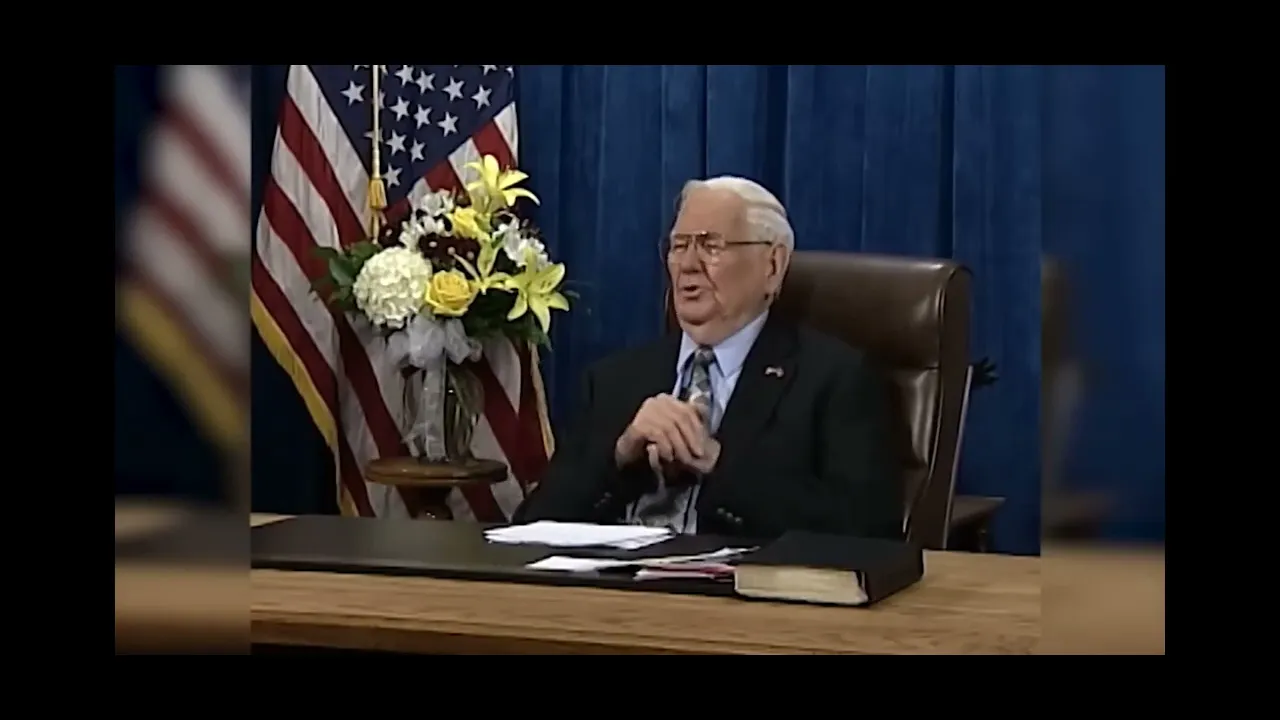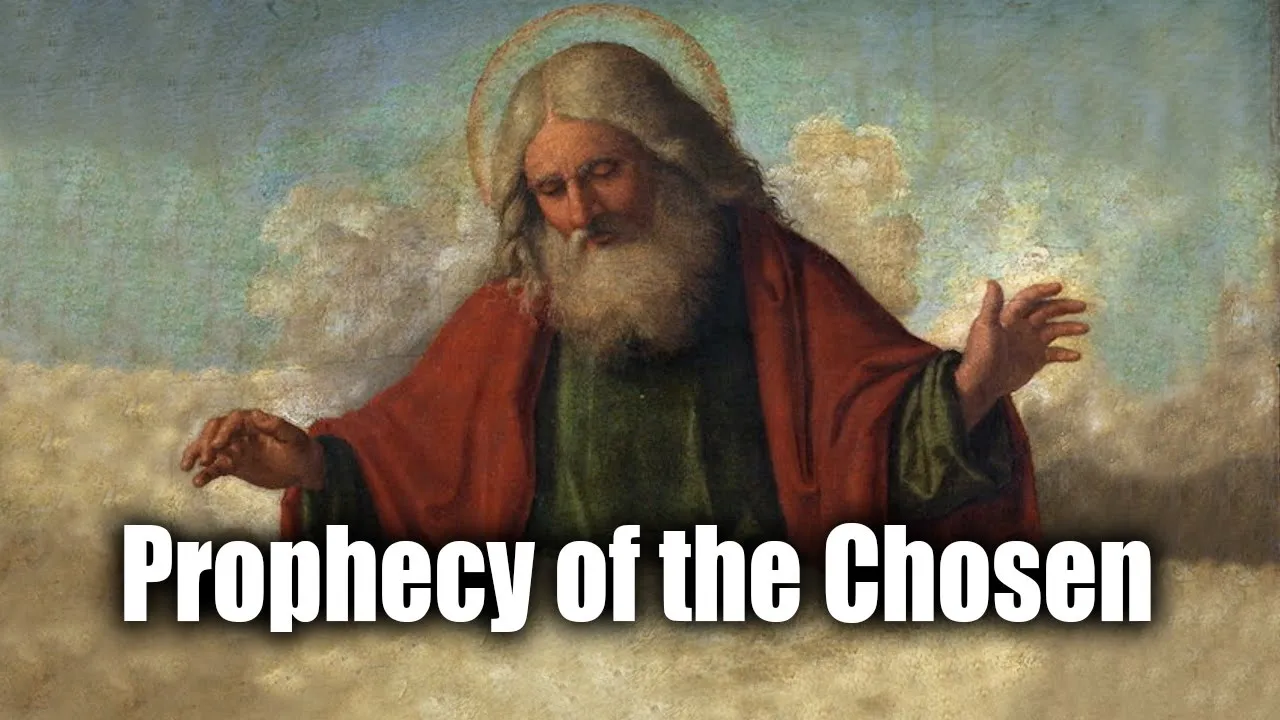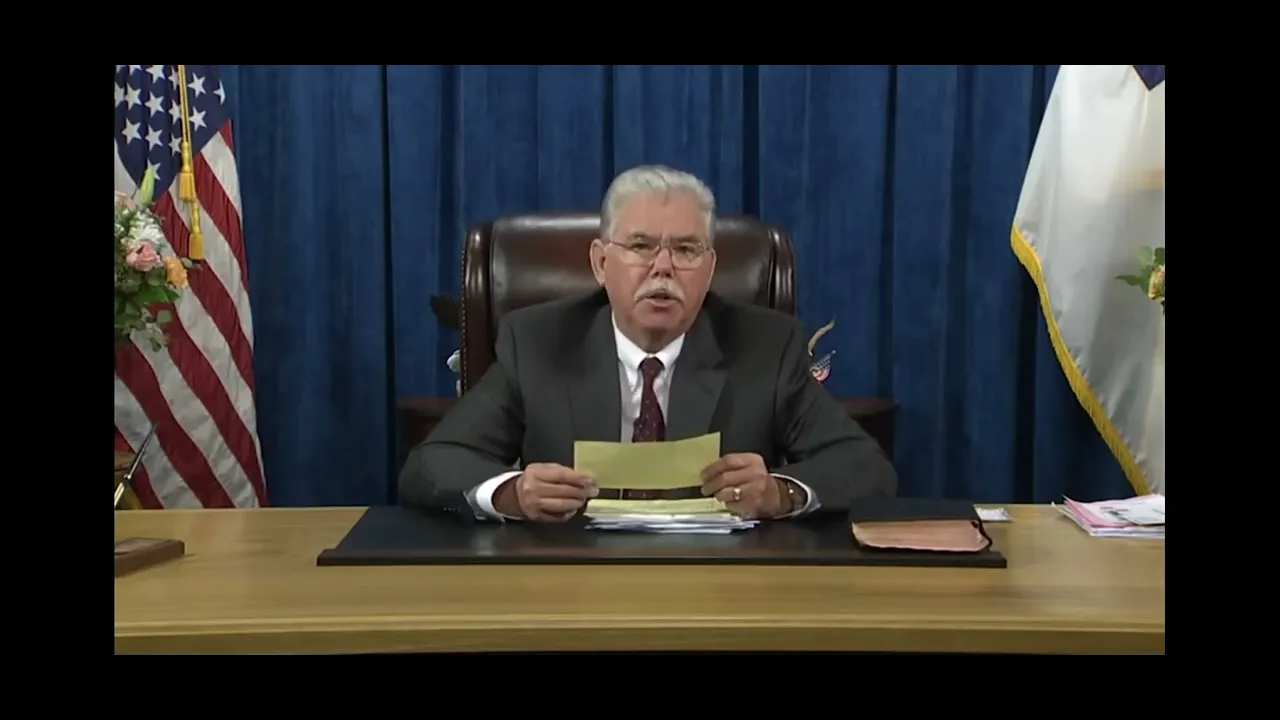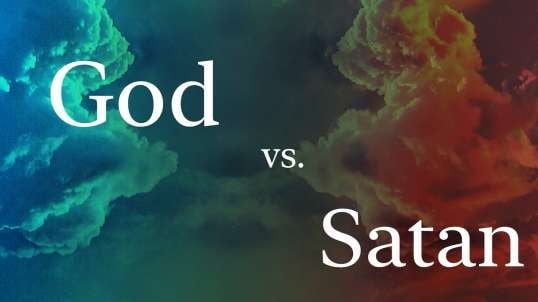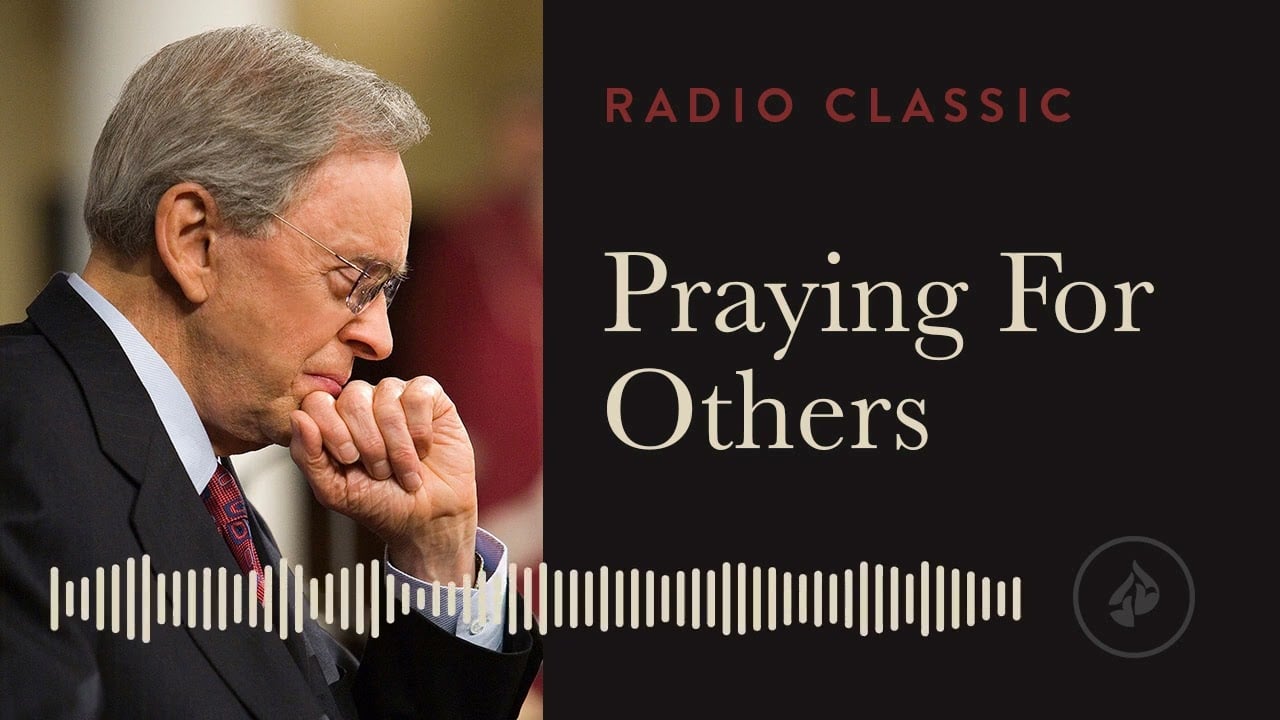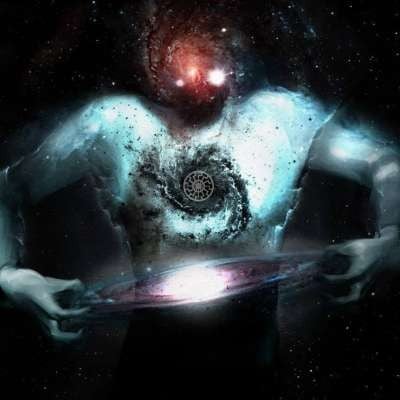Alan Watts - The Million Masks Of God.
SLOWLY it becomes clear that one of the greatest of all superstitions is the separation of the mind from the body. This does not mean that we are being forced to admit that we are only bodies; it means that we are forming an altogether new idea of the body. For the body considered as separate from the mind is one thing—an animated corpse. But the body considered as inseparable from the mind is another, and as yet we have no proper word for a reality which is simultaneously mental and physical. To call it mental-physical will not do at all, for this is the very unsatisfactory joining of two concepts which have both been impoverished by long separation and opposition. But we are at least within sight of being able to discard altogether ideas of a stuff which is mental and a stuff which is material. "Stuff" is a word which describes the formless mush that we perceive when sense is not keen enough to make out its pattern. The notion of material or mental stuff is based on the false analogy that trees are made of wood, mountains of stone, and minds of spirit in the same way that pots are made of clay. "Inert" matter seems to require an external and intelligent energy to give it form. But now we know that matter is not inert. Whether it is organic or inorganic, we are learning to see matter as patterns of energy—not of energy as if energy were a stuff, but as energetic pattern, moving order, active intelligence. The realization that mind and body, form and matter, are one is blocked, however, by ages of semantic confusion and psychological prejudice. For it is common sense that every pattern, shape, or structure is a form of something as pots are forms of clay. It is hard to see that this "something" is as dispensable as the ether in which light was once supposed to travel, or as the fabulous tortoise upon which the earth was once thought to be supported. Anyone who can really grasp this point will experience a curiously exhilarating liberation, for the burden of stuff will drop from him and he will walk less heavily. The dualism of mind and body arose, perhaps, as a clumsy way of describing the power of an intelligent organism to control itself. It seemed reasonable to think of the part controlled as one thing and the part controlling as another. In this way the conscious will was opposed to the involuntary appetites and reason to instinct. In due course we learned to center our identity, our selfhood, in the controlling part—the mind—and increasingly to disown as a mere vehicle the part controlled. It thus escaped our attention that the organism as a whole, largely unconscious, was using consciousness and reason to inform and control itself. We thought of our conscious intelligence as descending from a higher realm to take possession of a physical vehicle. We therefore failed to see it as an operation of the same formative process as the structure of nerves, muscles, veins, and bones—a structure so subtly ordered (that is, intelligent) that conscious thought is as yet far from being able to describe it. This radical separation of the part controlling from the part controlled changed man from a self-controlling to a self-frustrating organism, to the embodied conflict and self-contradiction that he has been throughout his known history. Once the split occurred conscious intelligence began to serve its own ends instead of those of the organism that produced it. More exactly, it became the intention of the conscious intelligence to work for its own, dissociated, purposes. But, as we shall see, just as the separation of mind from body is an illusion, so also is the subjection of the body to the independent schemes of the mind. Meanwhile, however, the illusion is as real as the hallucinations of hypnosis, and the organism of man is indeed frustrating itself by patterns of behavior which move in the most complex vicious circles. The culmination is a culture which ever more serves the ends of mechanical order as distinct from those of organic enjoyment, and which is bent on self-destruction against the instinct of every one of its members.
Alan Watts
